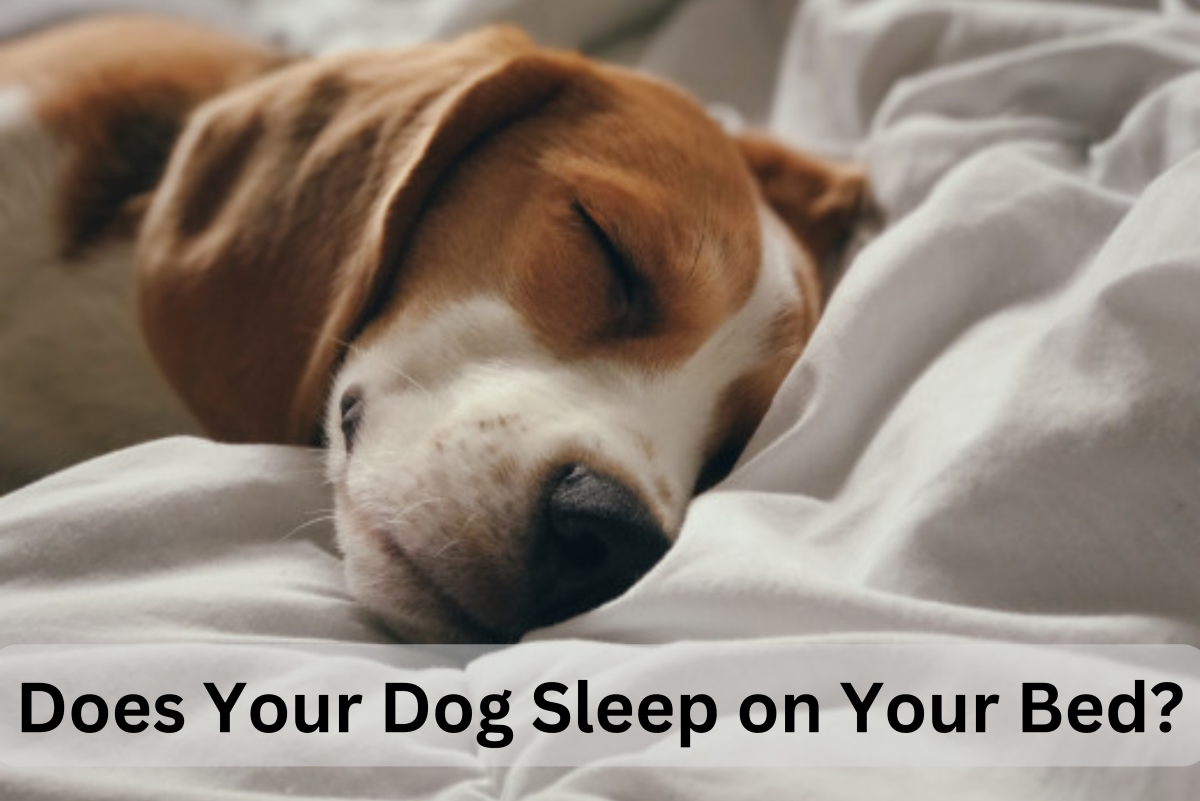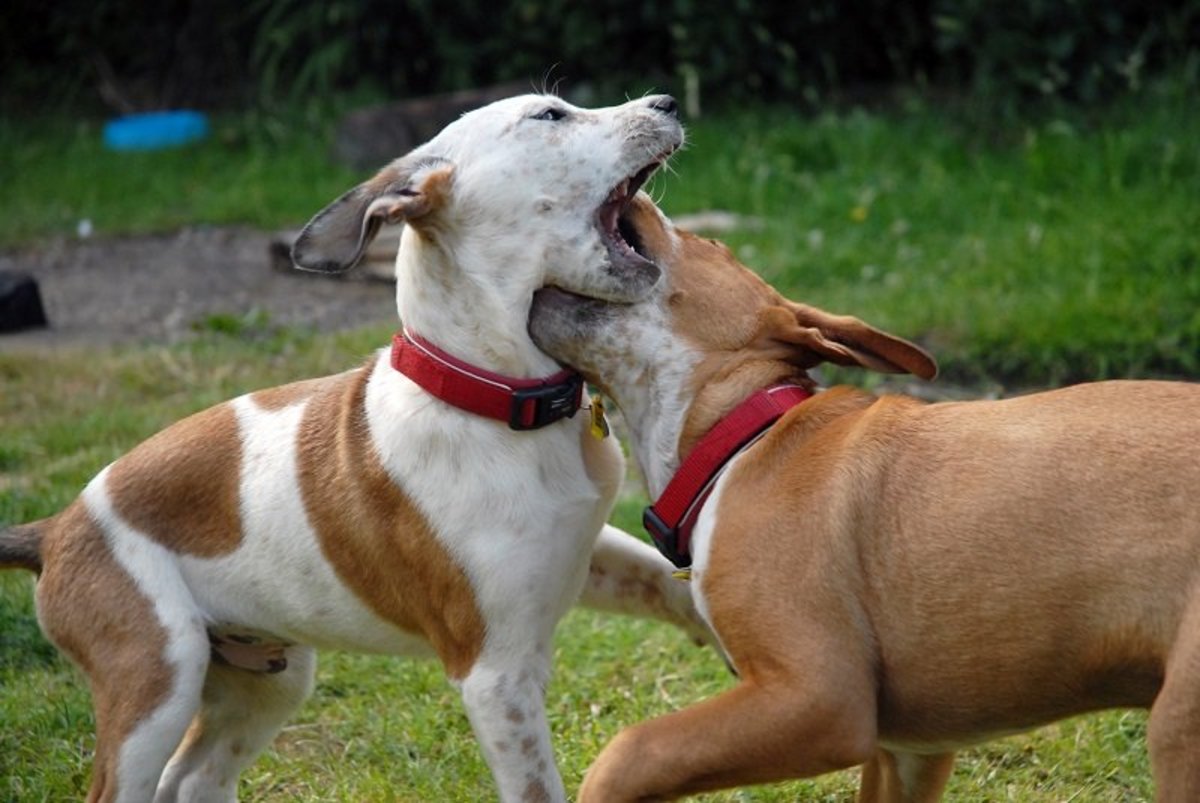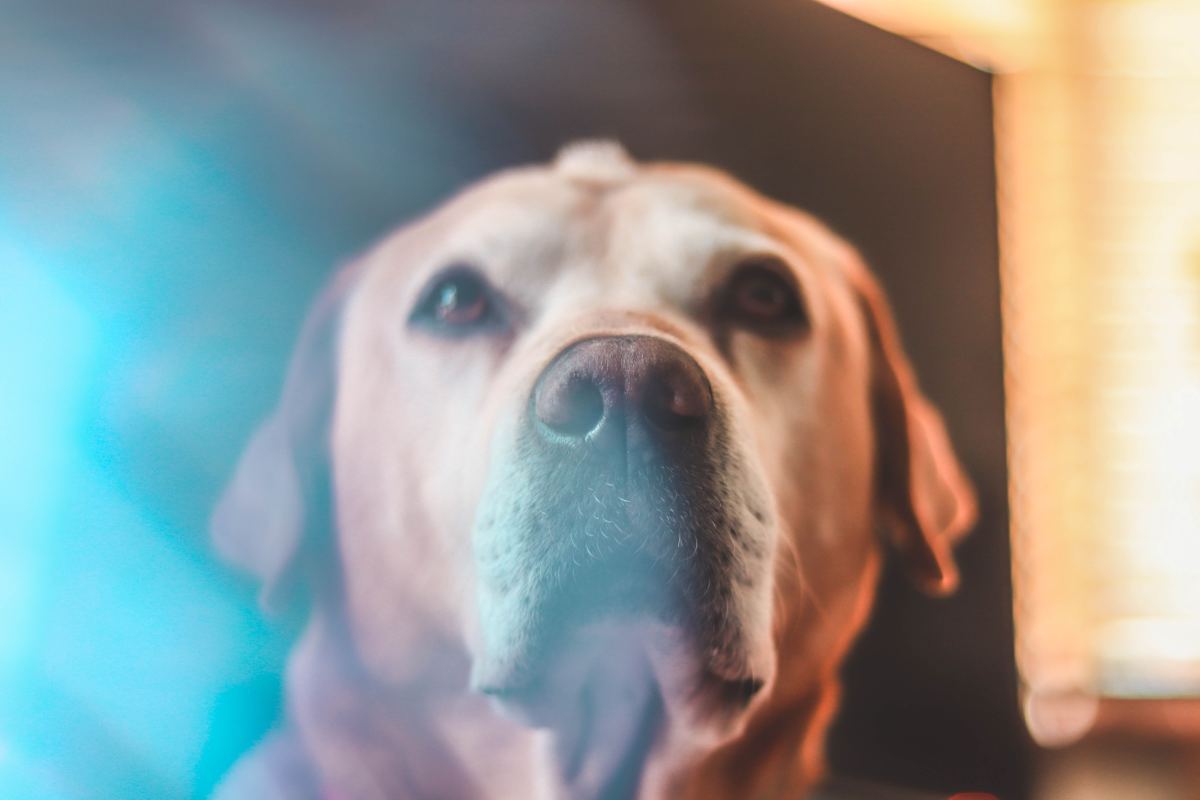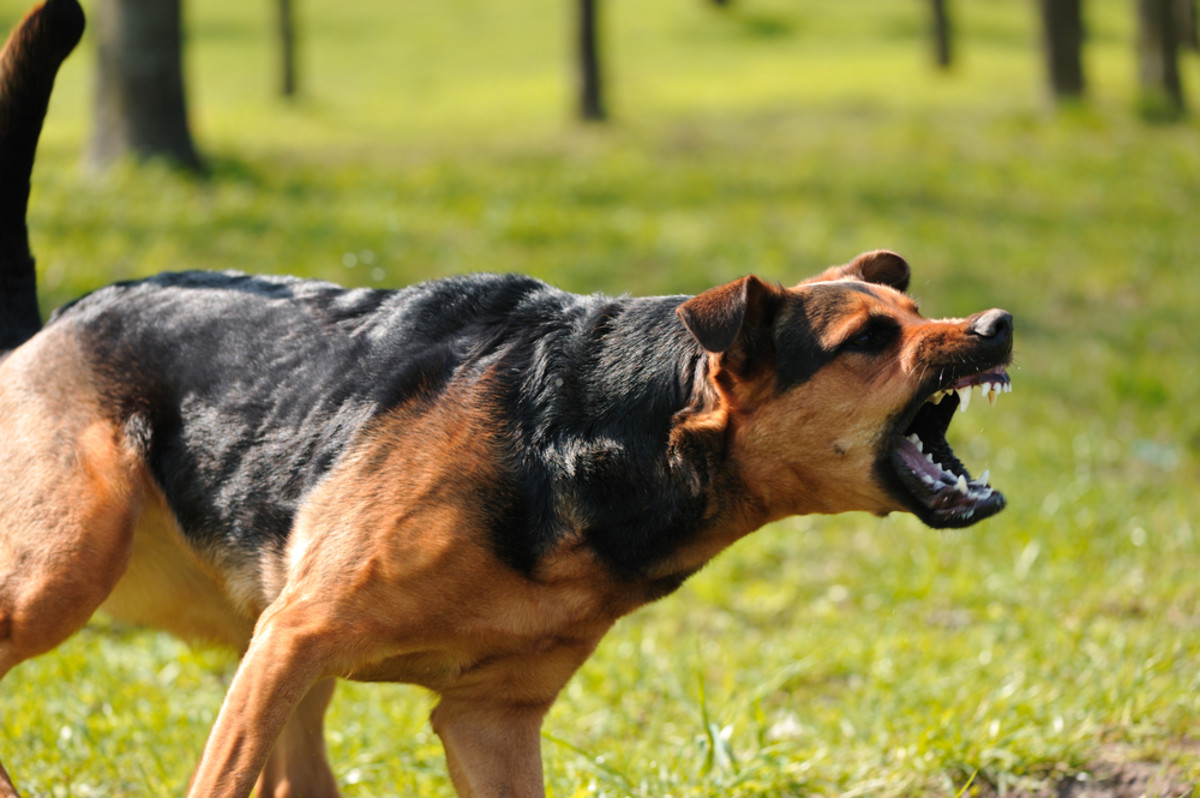My Response to a Pet 360 Article about Suitable Dog Owners
Eliminating Bias
Many pet owners are blinded by the love they have for their animals. Sometimes pet owners forget that their opinions are just that: opinions. There are, however, guidelines for pet ownership based on scientific studies with empirical data about animal care and ethical treatment. However, some owners take it a little too far and will rile the masses over what is merely a difference in lifestyle or opinion.
It is important that any new pet owner researches the required care and needs of a pet. This does not include taking the word of an author who imposes one-sided thoughts onto her readers. Dogs serve many roles in society and it is important to eliminate bias in order to constructively think about what makes a suitable owner. Having said that, I would like to say a few words about Carol Bryant's Pet 360 article "5 Signs You Should Not Own a Dog".

Constructive Criticism
WRITING FLAWS
In her article, Bryant uses an accusatory tone when approaching the subject of dog ownership. From the beginning her article uses negative language, such as "SHOULD NOT". This approach is, at best, unprofessional. The author had the audacity to say who should or should not be allowed to own an animal. It is a clear example of how some authors start to feel superior and forget to put themselves in the audience's shoes. People who like this woman's article most likely have the same one-sided thought process. Bryant is writing for herself, not for those who are seeking advice about dog ownership preparation.
A good article geared towards evaluation should be helpful and without ranting about a one-sided opinion. A good article will state all of the pros and cons of a decision or situation before drawing a conclusion. A good article poses questions followed by thoughtful answers.
CONTENT FLAWS
The article has been generalized. It does not appear that this author's evaluation of suitable dog owners is an educated evaluation. The fact of the matter is that dog ownership circumstances are not always black-and-white. Making assumptions about these broad categories of "potential owner types" can be dangerous. In addition, the article only mentions dog ownership in the context of new owners rather than the evaluation of current and former owners. Not all dog owners are good. In fact, potential owners have just that: Potential. When you begin to add the words "cannot" or "should not", judgments are created and pave the way for discrimination.
A good article will provide details about topics, especially controversial ones. A good article will be based on facts with minimal supporting examples or scenarios to develop different perspectives for readers. A good article will give the reader autonomy (the freedom to choose or decide) and draw their own conclusions based on the evidence provided by the author.
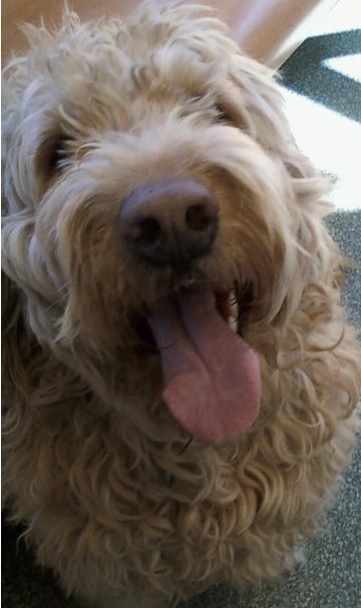
Video: Microchipping
What makes a Suitable Owner?
I agree with a few points made in Bryant's article, such as being responsible and researching the level of care involved in owning a pet. Instead of investigating who would NOT be a good owner, let's look at the qualities which a pet owner should strive to develop.
BASICS
1. Responsibility- This is the most important trait which a potential owner needs to develop before bringing an animal into their life. Responsibility is an ethical and legal prerequisite to owning a pet. What defines responsibility? A pet owner should provide adequate nutrition, water, shelter, training, and medical care.
Dogs do not have to have food from elite brands that cost you $80 per bag. They should provide enough nutrition so that the dog does not become anemic or malnourished, underweight, or obese. Dogs do not have to live in a mansion, or even in a house for that matter, to have adequate shelter. They should have somewhere dry with protection from the elements to rest peacefully. Dogs do not have to be top show performers, but they should develop manners. Dogs do not always have to go to the vet annually "just because", however they should be updated on vaccinations and Parasite Prevention, and cared for when they are sick. A regular check up is always a good idea, but it is not always necessary. A good owner will be attentive and take their pooch to the vet at the first signs of illness.
Bryant's article suggests that all ailments can be prevented if pets are vetted regularly. Failing to do this would be neglectful. I disagree with this.
Example: My dog "Bea" is from a rescue. She had a lot of behavioral issues and early signs of arthritis when I adopted her. Despite receiving regular vet care we only recently found out that she has an unrelated autoimmune disease that she has likely had for years, possibly even before I adopted her, and simply could not be detected until now. Spending money on more frequent vet visits would not have done any good. It would have only taken from my funds which I use for circumstances such as this.
2. Kindness- Owners and their pets should be able to enjoy each other's company. An owner who is unkind or abusive towards the animal truly should not have an animal. There are ethical as well as legal implications to such behavior. You do not have to spoil your pet with endless toys and treats to show kindness. A gentle pat on the head will do just fine.
3. Commitment- A good owner should truly care for the animal's well-being. If the animal is sick they need a doctor just like anybody else. A good owner does not cast away a pet for being sick or elderly. A pet owner should make sure they can afford care for their animal throughout its lifespan. Having a pet takes time, money, and commitment.
4. Time- A good owner will set aside time to care for their pet every day and on a regular schedule. This includes fulfilling basic responsibilities such as feeding and walks. This also includes time dedicated to bonding with your pet.
Bryant's article suggests that dogs need someone home frequently and that if you are not home you should hire a pet sitter or doggy daycare. Failure to do this would make your dog miserable and feel hopeless. I disagree.
It is important to remember that there are a variety of circumstances and lifestyles which dogs are a part of. First of all, people have to work. Just because someone works for 8 hours during the day doesn't mean that they are irresponsible owners or incapable of providing adequate care for their canine companions. It is very important for current and potential dog owners to learn how to teach dogs to be content by themselves. This is known as self-regulation. A dog who does not know how to be alone or self-regulate can develop behavioral and emotional problems such as separation anxiety. More information about separation anxiety can be found in my "Dogs in Distress!" article. Having said that, owners who are away for more than 8 hours or even for days at a time should seek alternative or emergency care sources to ensure the well-being and adequate care of the animal.
5. Providing Roles- Dogs need to have a role in some shape or form. Some dogs were bred to hunt, herd, guard, or simply act as companions to their owners. For some dogs, having a "job" is preferable to sitting idle in the house. Assigning a role to a dog doesn't mean the owner loves their dog any less!
Bryant's article implies that anyone who would get a dog to fill a primary role as guard dog should not own a dog. I disagree with her reasoning that giving a designated role to a dog such as guarding, is bad. There is nothing wrong with raising a guard dog, as long as they are properly cared for and trained. A guard dog can be especially useful in bad neighborhoods.
Example: Police dogs are partnered up with officers and typically kenneled rather than being a part of the family. This ensures that their training is consistent and that they do not become complacent. However, these dogs are very well cared for, trained, and develop one of the strongest bonds possible between a dog and handler. The same is true for guard dogs who have had proper handling.
Video: Parenting Styles
Parenting Styles
What type of parenting style do you use for your pet?
Dog Parenting Styles- Balance & Consistency
Clearly, Bryant completely missed the mark for the fundamentals of being a pet parent. Parenting styles can determine whether someone is truly ready to be a pet owner. This applies not only to potential owners, but to current and former owners.
I learned over the years from Human Development and Family Sciences about family functioning and conflict resolution in my studies. Many of these principles apply to raising animals. There are 4 main types of parenting styles. They include: Authoritarian, Authoritative, Uninvolved, and Permissive styles.
1. The authoritarian parenting style is strict and does not allow much room for self-improvement. This style goes beyond boundaries and discipline. It is an extremely rigid and restrictive style of parenting which does not allow for autonomy, communication, or expression. It is a very no-nonsense approach with few rewards.
2. The authoritative parenting style is a balance between boundaries, discipline, and reward. It has been scientifically proven to be the most effective method of parenting for children.
3. The uninvolved parenting style speaks for itself. Typically this type of parenting leads to neglect in which the child's basic needs are not responded to. This type of parenting style can lead to difficulty for the child in developing relationships and trust with others.
4. The permissive parenting style has no boundaries and allows for unrestricted freedom. The child abides to no rules, answers to no one, and receives instant gratification. This is the polar opposite of the authoritarian style, neither of which are healthy on their own.
Building Respect through Balance & Consistency
In my experience through working with a variety of breeds, the authoritative style is by far the most effective. This style sets healthy boundaries and allows the dog to develop its intellectual potential, satisfy its curiosity, and build a strong relationship and respect with its owner. Negative behavior is corrected and Positive behavior is rewarded. Dogs under this style are eager to learn, eager to please, and develop manners. As long as the owner is consistent with training, the dog will understand that you are the pack leader without a struggle for dominance over the household.
Dogs raised under authoritarian styles of training tend to be unwilling to please, timid, fearful, and wary of their handler. Fear is the stepping stone to aggression in dogs. Dogs raised under permissive styles of training tend to try to run the show and usually only adopt this role out of anxiety and pressure for the need of a leader within the pack. This will happen when the owner has failed to take control of the pack and set boundaries. Behavioral problems such as nipping and herding can develop from this lack of training and discipline.

Recap: Are You Ready for a Dog?
Although it should go without saying, all potential owners should do their research. Sure, an interest may be sparked by a dog they saw on Television. Curiosity is not a bad thing. As long as the decision to get a dog is an educated one and there is a thorough investigation about How to Chose the Right Dog for You, anyone has a chance at being a good dog owner. To recap, qualities of a good dog owner include: Fulfilling Responsibilities, showing Kindness, Committing to your decision and responsibility, devoting Time to your canine companion, and providing your pooch with a Role in the family pack, whether it is guarding, herding, or simply being a companion.
Instead of thinking of reasons why you shouldn't own a dog, ask yourself:
Do I really want a dog?
Am I ready for the responsibility, commitment, and time needed for owning a dog?
Can I show kindness to my dog?
Is there a role for my new dog to fill?
Can I ensure my new dog's well-being?
If you answered yes to these questions, you are ready to begin researching how to choose the right dog for your and how to care for your dog.
Dogs can prove to be our greatest teachers. They require patience and understanding. They depend on us for care and leadership. They show us love, teach us to be better people, and show us how to live our lives to the fullest.
A Final Word
I have a lot of respect for my readers and believe that it is important to know all of the facts. I was appalled by the assumptions made in Bryant's article, which prompted me to write this hub.
Remember to ask questions and do your research.
Thank you for Reading!

